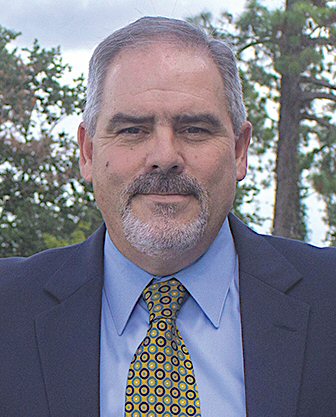Earth Day is approaching (April 22) and it appears some environmental activists are starting to turn on each other. A new documentary, Bright Green Lies, based on a book by the same name, will air on Earth Day. Tickets are available now at www.brightgreenlies.com. The promo says the film dismantles the illusion of green technology in comprehensive detail. “From the proposed benefits of solar panels and wind turbines, to green consumerism and electric cars, Bright Green Lies takes a bold peak behind the green curtain.” The crowd that crushed the coal business will soon turn its attention to natural resources (i.e., metal mining).
The world faces an insatiable need for electricity from reliable and affordable sources and increasing demand is causing system wide failures. Nothing highlighted the problem more than the rolling blackouts that took place in Texas in February. Electric reliability problems that are common in places like southern Africa and Latin America are now happening more frequently in the developed world. These disruptions have cast serious doubt about the viability and sustainability of clean power generation for heavily populated areas.
Although it was not widely discussed, the rolling blackouts did not respect the Texas-Mexico border. When the world saw hopeless Texans lining up for water, food and fuel, Mexico had also lost power as far south as Cancun and Mexico City. More than half of Mexico’s electricity comes from natural gas-fired plants and most of that natural gas comes from the U.S. When the natural gas delivery system from the U.S. failed, Mexico realized it was in trouble. Millions of Mexicans were freezing in the dark, too.
During March, the Mexican Federal Senate approved a bill that will modify Mexico’s Electricity Industry Law (the Reform Bill), reversing some of the rights granted to private investors in the power sector. The Reform Bill was not a direct result of the blackouts, but its quick senate approval probably was. Mexican President Andrés Manuel López Obrador (AMLO) originally proposed it in January. Critics of the AMLO administration say it is the most drastic measure among a series of actions taken to dismantle Mexico’s energy privatization program.
The AMLO administration supports the state-run utility and the state-run oil company. The Reform Bill gives priority to the Mexican utility CFE (Comisión Federal de Electricidad) for electricity generation. Critics also say it “deprioritizes” clean energy. The Reform Bill doesn’t include provisions to increase domestic natural gas production. It is being challenged by affected companies (See News, p. 15). Previous efforts to restrict private power generation have been blocked by the courts, which ruled the policies were unconstitutional.
More of these debates will be taking place in more countries. Most of the world is not yet prepared to make the transition to an electrically powered future. It will require a major investment in transmission and distribution systems, and an almost incomprehensible amount of natural resources, and people are starting to run the numbers.





